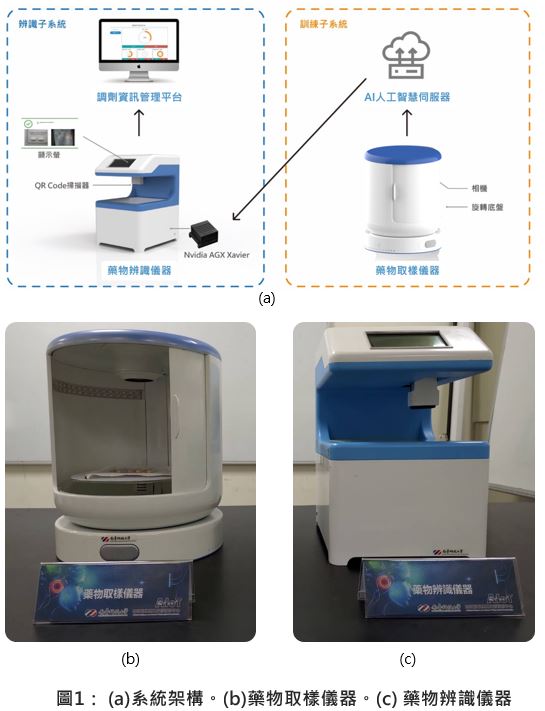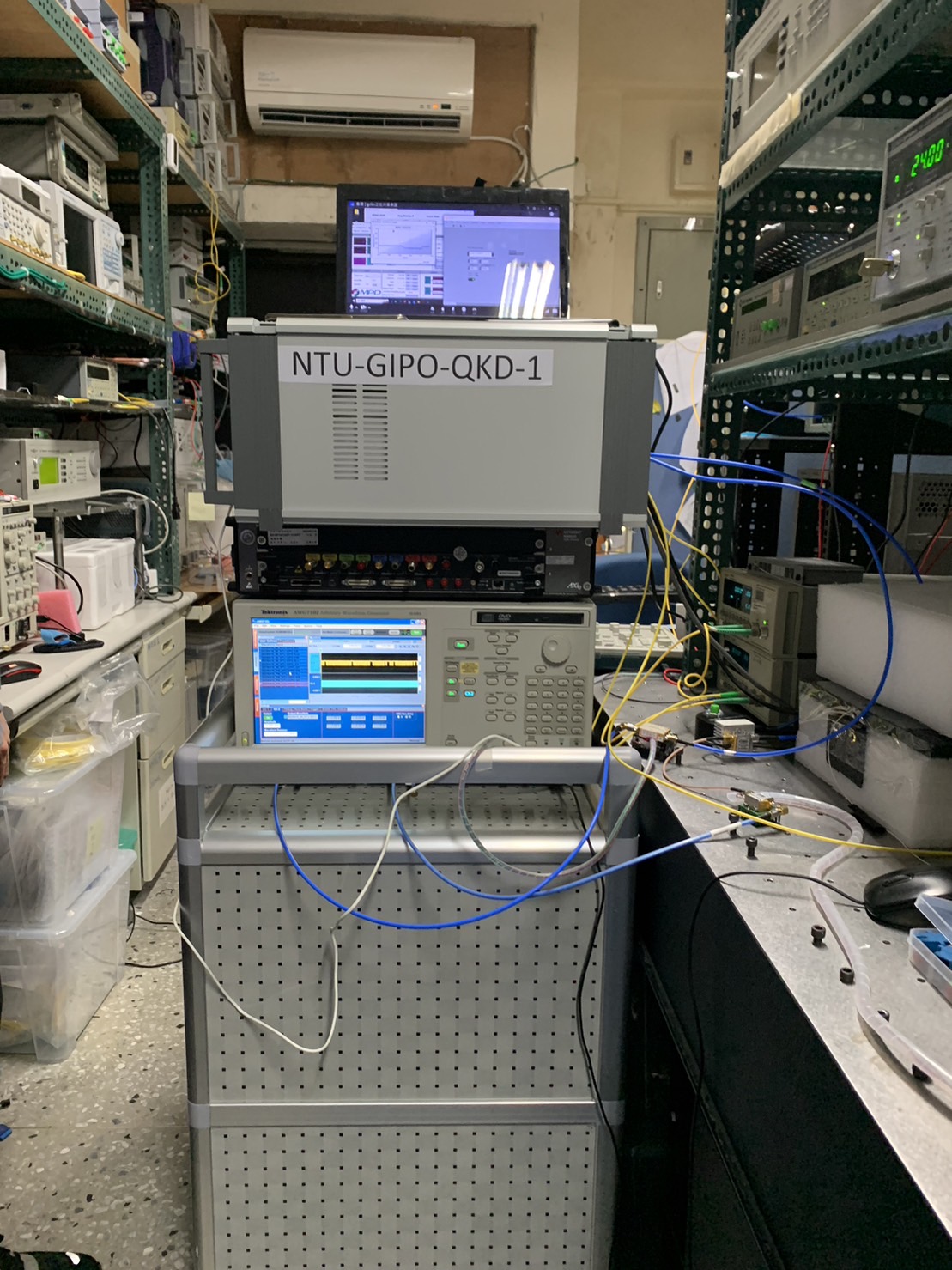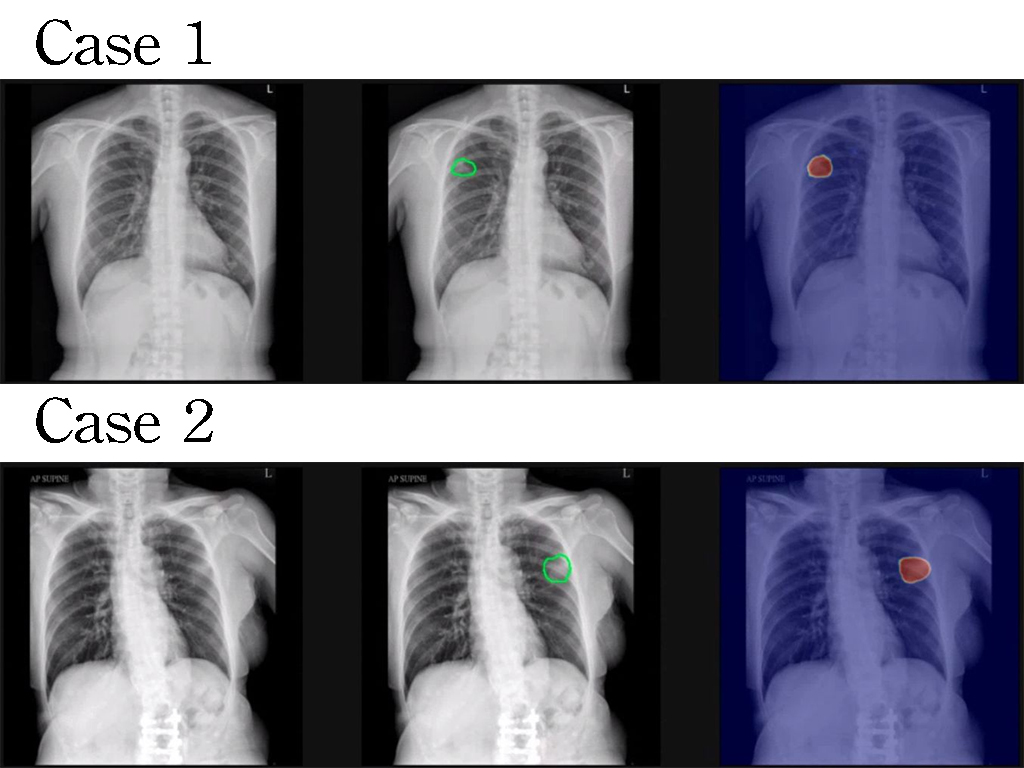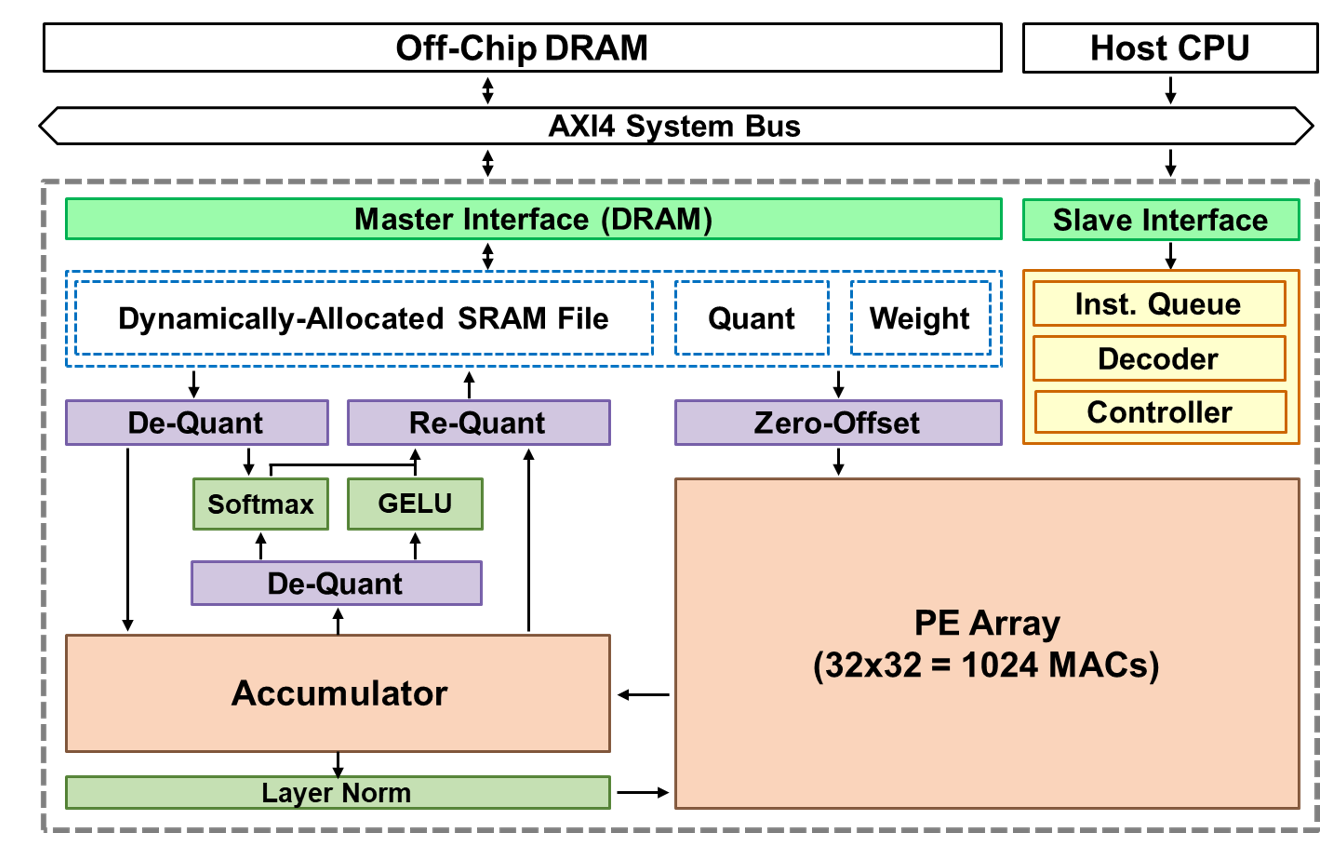| 技術名稱 | 高可擴展性積體化矽基自旋量子計算系統開發 | ||
|---|---|---|---|
| 計畫單位 | 國立清華大學 | ||
| 計畫主持人 | 徐碩鴻 | ||
| 技術簡介 | 微型化的矽基自旋量子位元為目前最有潛力實現通用型量子電腦的技術之一。透過先進的半導體製程,矽基的自旋量子位元能夠在互補式金氧半導體或矽鍺/鍺(SiGe/Ge)平台上製造,並與低功耗、低雜訊的CMOS週邊微波讀取及控制的電路整合,實現微型化及積體化的目的,為未來大規模的量子計算發展的核心技術 |
||
| 科學突破性 | 我們採用CMOS相容的製程平台,於8-inch 28Si基板實現鰭式電晶體結構的量子晶片製作,並透過矽鍺/鍺的量子晶片結構,首次在台灣成功驗證自旋量子位元的相干操控。利用CMOS製程設計微型化低雜訊放大器,達到2.2K的雜訊溫度,且面積僅有0.018mm2,為目前所發表最佳的成果之一。 |
||
| 產業應用性 | 量子運算為全球科技大國目前積極投入的前瞻領域,具備解決超級電腦難以處理問題的潛力,例如大數質因數分解、多體量子系統模擬等應用。本研究結合台灣在半導體產業的深厚基礎,致力開發微型化及積體化的自旋量子計算核心技術,解決通用型量子電腦在規模擴展過程中的關鍵瓶頸。 |
||
- 聯絡人
- 徐碩鴻
- 電子信箱
- shhsu@ee.nthu.edu.tw















